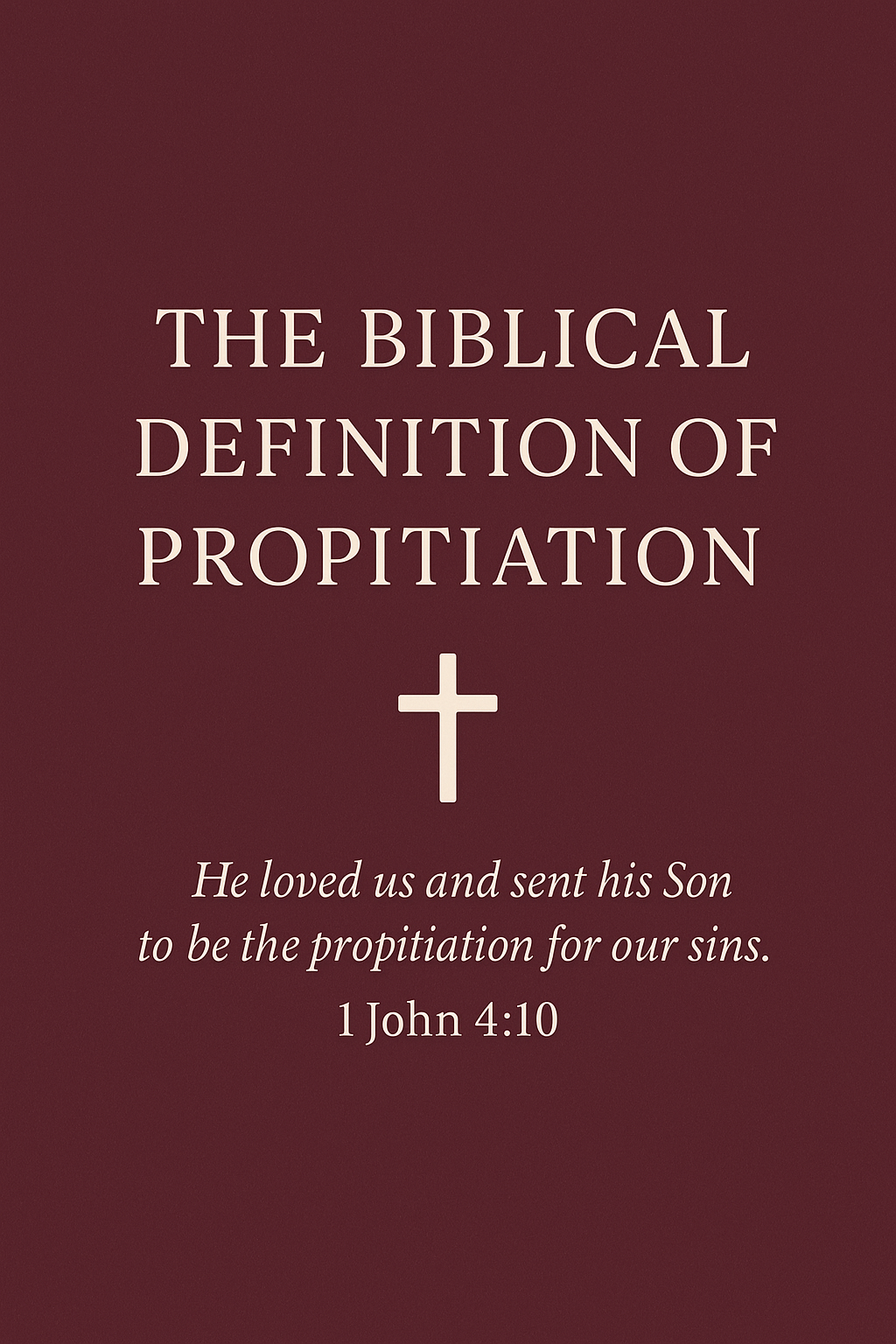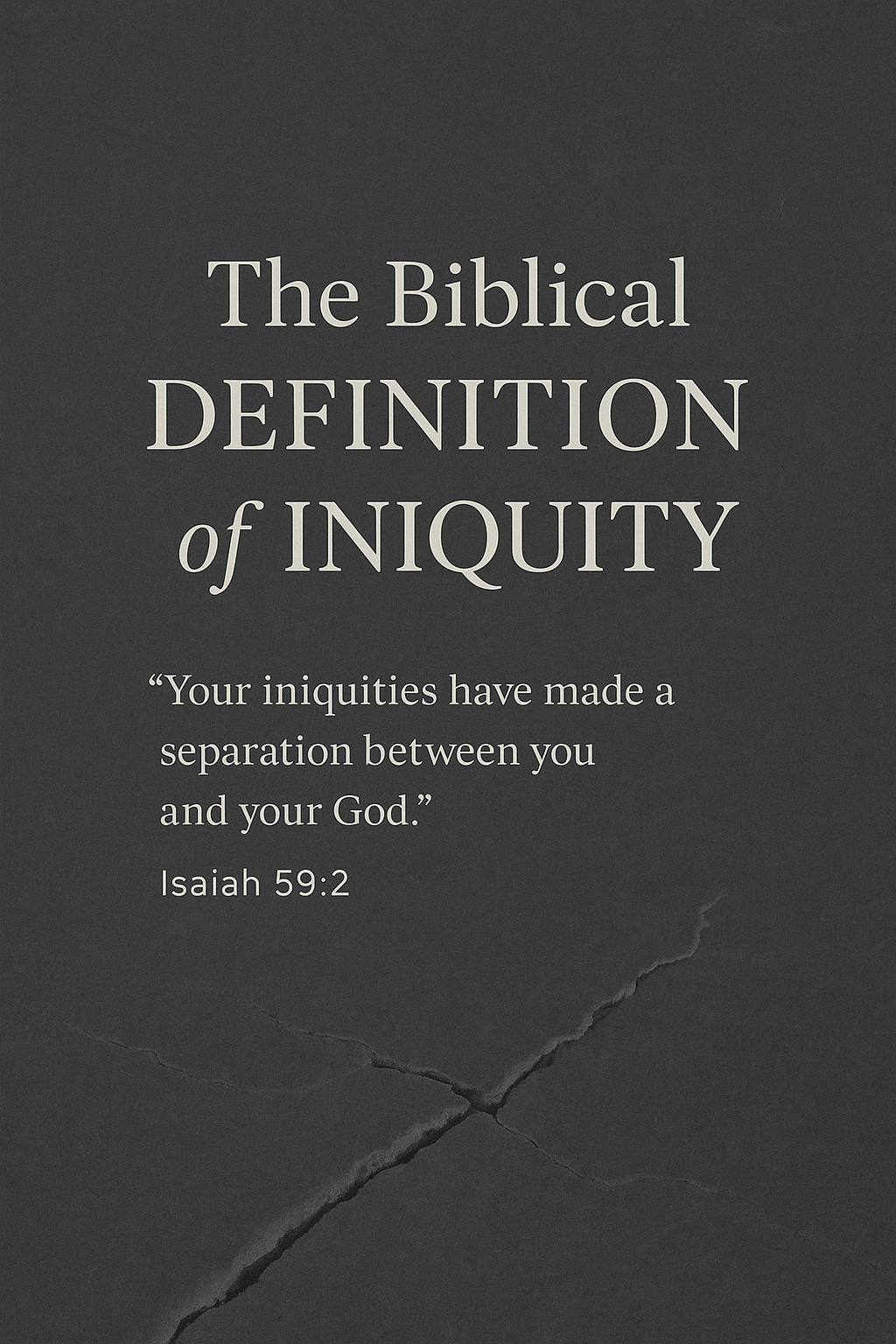Biblical Definition of Lament: Understanding Sorrow, Hope, and Faith in Scripture
The biblical definition of lament is the passionate expression of deep regret, grief, or sorrow, often directed toward God in prayer or worship137. Lament is not merely an emotional outburst; it is a spiritual practice woven throughout the Bible, allowing believers to voice their pain, confusion, and longing for God’s intervention.
What Is Lament in the Bible?
Lament is a recurring theme in Scripture, appearing in both the Old and New Testaments. The Hebrew words for lament—quwn, caphad, and awbal—mean to cry out, wail, chant a dirge, or mourn publicly3. Lamentations, the book named for this practice, is a collection of poetic laments for the destruction of Jerusalem. The Psalms, too, are filled with songs of lament, where faithful people pour out their hearts to God in times of distress.
To lament, biblically, is to bring your sorrow and questions to God, trusting Him enough to be honest about your pain. This act is not a sign of weak faith, but of a relationship so close that even protest and complaint are welcomed in God’s presence24.
The Purpose of Lament
Lament serves several spiritual purposes:
Expressing Honest Grief: Lament allows us to acknowledge our pain without pretending everything is fine. It gives voice to suffering and loss, whether from death, injustice, or personal failure137.
Seeking God’s Help: Lament is a cry for deliverance. It is a prayer that asks God to intervene, heal, or restore what is broken5.
Repentance: Sometimes, lament is tied to sorrow over sin. True repentance involves seeing our sin as God does and grieving its consequences, leading us to seek forgiveness and change1.
Renewing Hope and Trust: Lament is not just complaint; it moves us toward hope. By bringing our sorrows to God, we open ourselves to His comfort and the possibility of renewed faith5.
Biblical Examples of Lament
Old Testament
Psalms of Lament: Many psalms are laments, such as Psalm 13, which moves from sorrow to trust:
“How long, O Lord? Will you forget me forever? ... But I have trusted in your steadfast love; my heart shall rejoice in your salvation.” (Psalm 13:1, 5)
Lamentations: The entire book is a poetic outpouring of grief over Jerusalem’s destruction, yet it holds onto hope in God’s faithfulness (Lamentations 3:22-24).
David’s Grief: King David lamented the death of his son Absalom with raw emotion (2 Samuel 18:33).
Prophets: Jeremiah, known as the “weeping prophet,” lamented Israel’s sin and suffering (Jeremiah 9:1).
New Testament
Jesus’ Lament: Jesus wept at Lazarus’s tomb (John 11:35), showing that even the Son of God entered into human grief13.
Garden of Gethsemane: Jesus lamented in prayer before His crucifixion, asking the Father to remove the cup of suffering if possible (Mark 14:36).
Early Church: Believers lamented persecution, loss, and the brokenness of the world, yet continued to trust in God’s promises.
The Structure of Biblical Lament
Most biblical laments follow a recognizable pattern5:
Turning to God: The lament begins by addressing God directly, refusing to turn away in silence.
Bringing Complaint: The speaker honestly names their pain, confusion, or frustration.
Asking for Help: Lament boldly petitions God for intervention, healing, or justice.
Choosing to Trust: Even in sorrow, the lament ends with a declaration of faith in God’s goodness and sovereignty.
This structure is evident in Psalm 13 and many other laments throughout Scripture.
Lament and Faith
Lament is not the opposite of faith; it is an act of faith. By lamenting, we refuse to give in to despair or denial. Instead, we bring our pain to God, believing He cares and will act. Lament is the language of those who trust God enough to be honest with Him45.
Walter Brueggemann, a leading scholar on lament, notes that biblical lament reveals a God who is not indifferent to suffering, who allows His people to question and even criticize Him, and who engages with their pain4. God’s willingness to include laments in Scripture shows that He desires relationship over religious performance.
When Should We Lament?
The Bible shows that lament is appropriate whenever we experience:
Loss or Grief: Death, disaster, or disappointment (John 11:31-37; 2 Samuel 18:33).
Suffering or Injustice: Personal or communal pain, oppression, or unanswered questions (Psalm 10; Lamentations).
Sin and Repentance: Recognizing the weight of our own wrongdoing (James 5:1; 2 Corinthians 7:10).
Seasons of Doubt: When God seems distant or silent (Psalm 22:1-2).
God invites us to bring all these experiences to Him in lament.
Lament in Christian Life Today
Lament remains essential for Christians today. In a world marked by suffering, injustice, and loss, lament gives us a biblical way to process pain and renew our hope in God’s promises. It keeps us honest before God and connected to His heart.
Churches and individuals can practice lament through:
Prayer: Personal or corporate prayers that name pain and ask for God’s help.
Worship: Singing psalms or songs of lament.
Community: Sharing burdens with others and supporting one another in grief.
Lament and God’s Character
Biblical lament reveals profound truths about God:
God is Compassionate: He welcomes our pain and does not rebuke us for our questions4.
God is Just: He cares about injustice and promises to set things right.
God is Faithful: Even in sorrow, His love and mercy remain (Lamentations 3:22-24).
Conclusion
The biblical definition of lament is more than expressing sorrow—it is a sacred practice that draws us closer to God. Through lament, we bring our deepest pain, questions, and hopes to the One who hears, cares, and acts. In doing so, we find not only comfort, but renewed faith and strength to endure.



















